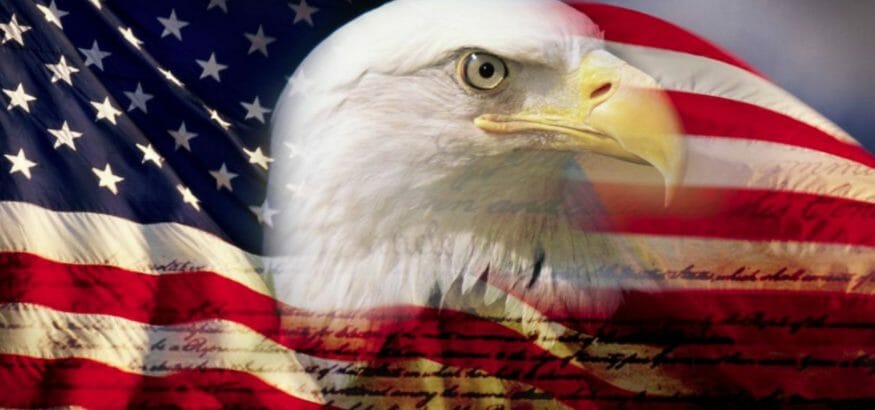COVID-19 and the Public Charge Rule

COVID-19 and the Public Charge Rule Questions and Answers.
Does filing for unemployment put someone at risk under public charge?
No. When the Department of Homeland Security (DHS) published the public charge rule, it made clear that receiving unemployment benefits is not considered to be receiving a “public benefit.” This is because unemployment is an “earned benefit” that workers pay into with their paychecks. This includes Medicare and Social Security. People seeking to file for unemployment generally must be legally authorized to work. Some states extend unemployment benefits to individuals with DACA, while others do not.
Does receiving government support for a coronavirus test put someone at risk under public charge?
No. Guidance posted on the U.S. Citizenship and Immigration Services (USCIS) website says that “USCIS will neither consider testing, treatment, nor preventative care (including vaccines, if a vaccine becomes available) related to COVID-19 as part of a public charge inadmissibility determination.” The rule itself also exempts the use of Medicaid benefits for treatment of an “emergency medical condition.”
Could unemployment due to the coronavirus put someone at risk under public charge?
Maybe. Immigrants who are laid off due to the coronavirus could have their diminished financial wellbeing counted against them if they apply for a green card in the future or are forced to rely on public benefits to survive. However, USCIS has indicated that individuals in that situation should provide additional evidence along with their application for a green card. They can explain that the hardship was due to COVID-19.
To discuss any additional questions please contact Immigration Attorney Svetlana Prizant, Esq., at 718-407-0871